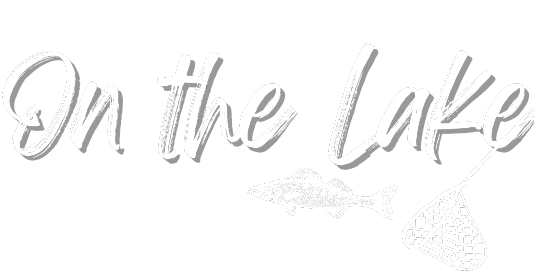There are a number of very basic boating knots with which even the most casual of boaters should familiarize him/herself. This is to ensure that, among other things, the boat stays where it was tied. That in mind, this article deals with the basic knots you can use while boating. Actually, these knots have many uses and come in handy in a number of different applications.
(This page may contain affiliate links, which means I may earn a small commission if you click through and make a purchase. You can read our Affiliate Disclosure here.)
Knot tying is part of the practice of what is known as marlinspike seamanship – “the general knowledge of knots and the care of rope”. Whether you are the skipper of a small fishing boat or the pilot of a much larger craft, a few basic knots and a few definitions will prove helpful. Keep in mind that rope is rope. But once on board a vessel, it becomes a line.
Some Basic Vocabulary
A line has three parts:
- The bitter end – that end tied or made fast to the vessel
- The working end – the end tied or made fast to the dock or other things
- The standing part – the section between the bitter end and the working end
In general: a knot is a general term for securing a line to an object, another line, or to itself. A good knot is easy to tie and untie. It will not slip under the extreme amounts of tension to which it is generally subjected. Be aware that many boats – poorly moored – have gotten loose during the night and drifted far from the unsuspecting and surprised skipper.
Basic Knots Every Boater Should Know
The Bowline, Cleat Hitch, Square or Reef Knot, Clove Hitch, and Figure Eight are some basic knots that every boater should know. Actually, the Clove Hitch is a knot by itself, but is known to slip without the Half Hitches. (That’s where 4 knots become 5.)
And rather than try to take you through a step-by-step written explanation, all you need do is click on the links highlighted above. They’ll take you to the appropriate directions for each knot – and many more – on the Boatsafe website. It’s a site that illustrates very well the process of tying these knots. You will see animated gifs that will walk you through each of the knots mentioned. The site also tells you what specific things the knots can be used for. It is one of the best sites I have seen. Follow this link: www.boatsafe.com
There are many other knots that are useful and helpful. But start with these five basics. It’s amazing how useful you will find these knots to be. You can use them for everything from tying up your boat to tying a clothesline to your porch. All it takes is a little practice and you will soon be an expert! Happy boating… and I’ll see you On the Lake.
By R. Karl
